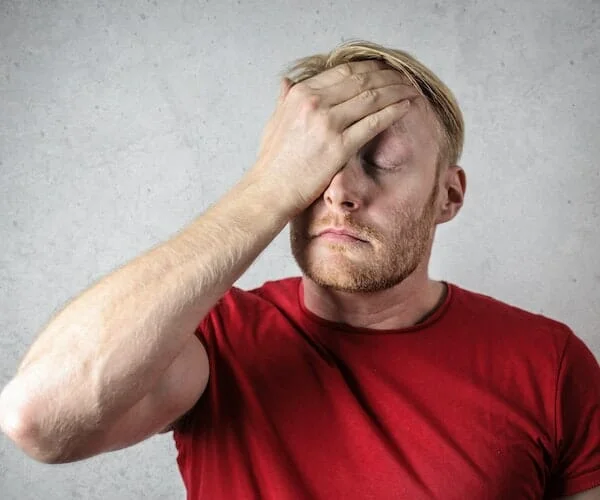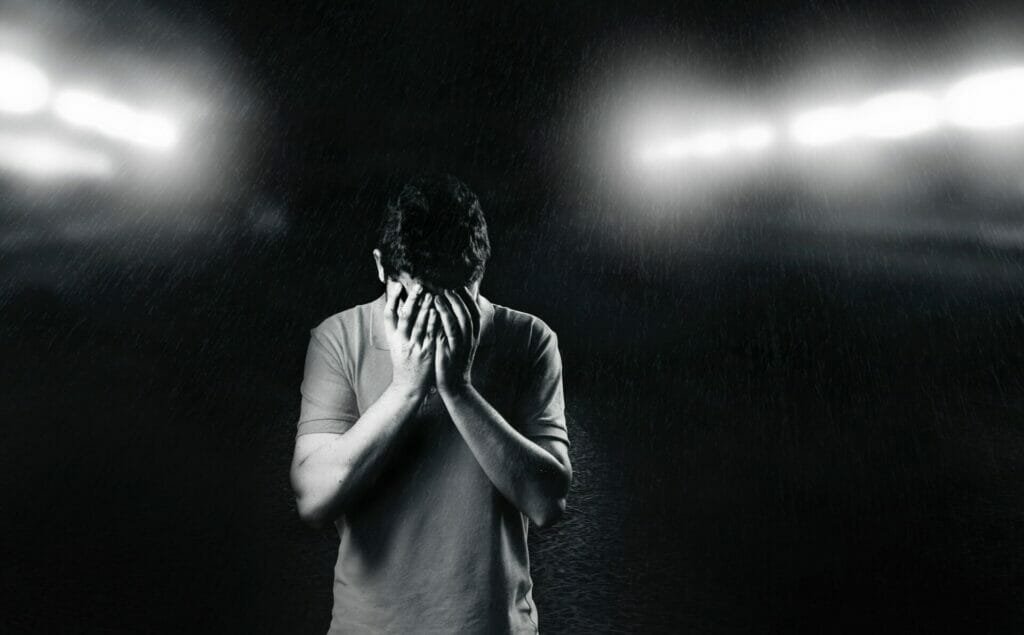In a world where conversations about sexual health often remain hushed, it’s important to shed light on the profound impact it can have on men’s mental well-being. This blog post delves into the relationship between men’s sexual health crisis and their mental health. In a study conducted by PubMed Central on 258 male outpatients, they explored the common concerns and psychiatric conditions associated with sexual problems. Through this discussion, we aim to create awareness and encourage open dialogue around this sensitive topic.
The Burden of Impotence
Impotence (48%) emerged as a major issue among married men, causing emotional distress and impacting their relationships. The inability to perform sexually can lead to feelings of inadequacy, shame, and strained intimacy. It is crucial to provide support, counselling, and medical interventions to address this aspect of men’s sexual health crisis and alleviate associated mental health struggles. A very good representation of that is in the movie “The 40-Year-Old Virgin” which explores the comedic but poignant journey of a man steering societal pressures and his insecurities related to his sexual experience.


Premature Ejaculation: From Performance Anxiety to Self-esteem
Premature ejaculation (34%) can profoundly affect a man’s self-esteem, leading to performance anxiety and a sense of failure in the bedroom. The pressure to meet societal expectations and the fear of disappointing their partner can create a vicious cycle of anxiety and frustration. Open communication, therapy, and behavioural techniques can assist in managing this condition and restoring confidence.
Retrograde Ejaculation and Its Psychological Impact
The study identified passing semen in urine (47%) as a common concern among both unmarried and married men. This phenomenon, known as Retrograde Ejaculation, can lead to confusion, embarrassment, and a sense of loss. By addressing the psychological impact and providing appropriate medical interventions, men can regain control over their sexual health and overall well-being.


Anxiety and the Fear of Nocturnal Emission
The study revealed that nocturnal emission (a spontaneous orgasm during sleep) (65%) was a major concern among unmarried men, causing significant anxiety. This fear can stem from societal expectations and the lack of awareness regarding natural bodily processes. Addressing this issue requires education and open conversations to alleviate anxiety and promote a healthier perspective on sexual health. In the movie “American Pie”, the character Jim experiences anxiety over nocturnal emissions, showcasing the impact such concerns can have on a person’s mental well-being.
Psychiatric Conditions and Sexual Health: The Interplay
The study highlighted the presence of psychiatric conditions among the sample, including anxiety state (57%), schizophrenia (16%), and reactive depression (16%). These conditions can contribute to sexual health crises and vice versa, creating a complex interplay between mental well-being and sexual functioning. Holistic care, involving both mental health support and sexual health interventions, is vital for addressing these intertwined issues.

Conclusion
Men’s sexual health crisis often remains a silent struggle, impacting their mental well-being in profound ways. By understanding the common concerns and psychiatric conditions associated with sexual problems, we can pave the way for destigmatization, open dialogue, and holistic care. It is crucial to create a supportive environment that encourages men to seek help, promotes education, and normalizes discussions around sexual health. Through increased awareness and compassionate interventions, we can help men regain their confidence, enhance their mental well-being, and foster healthy relationships. Read more about Signs of Sexual Frustration in Men in this article!









